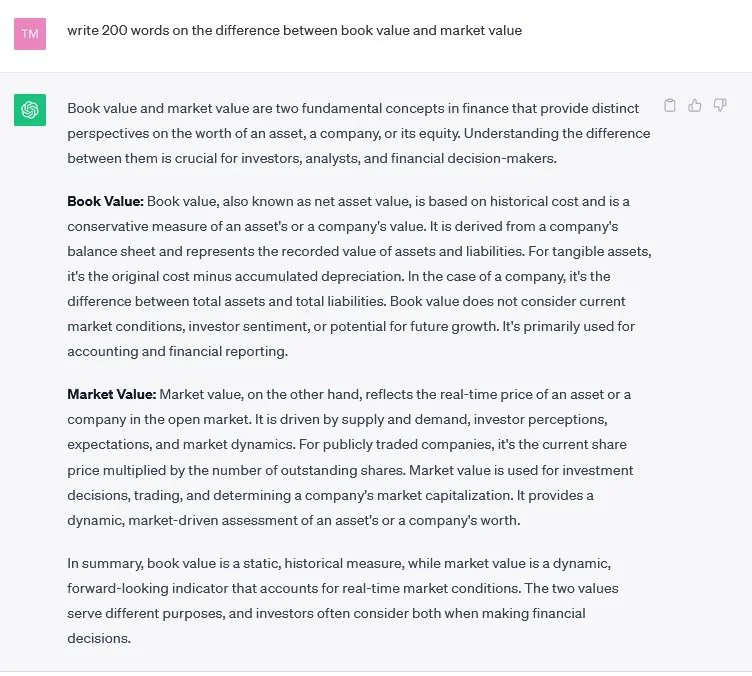AI and ‘FOBO’
“Whether or not you went to college, work with your hands, or go into the office, many workers have one thing in common: They’re growing more concerned that A.I. is going to take their job.”
It’s been hard – if not impossible – to avoid news about AI and its looming impact over virtually every industry and aspect of life over the past several months. As you can imagine, this seemingly endless flow of AI discussion and its world-altering capabilities has had a rather profound and prolonged side effect – it’s causing workers in just about every industry and at every experience level to deal with “FOBO,” or the fear of being obsolete.
This phenomenon is not new, ironically; indeed, the human response to new technology has not changed since the first wheat-picker saw the first scythe: 1) “Wow that looks awesome!” quickly followed by 2) “Oh, I guess they don't need me anymore!”
As history has shown time and time again, there is pain in disrupting any existing labor paradigm. Transitions are expensive, both emotionally and financially. That has never stopped them from happening, however – and that won’t ever stop them from happening in the future, either.
If you think your job is at risk from AI, you're not special or excused in any way from dealing with it, any more than the blacksmith of the 18th century or the newspaper reporter of the 20th century. Technology is going to change the marketplace, so you might as well take the initiative and meet the challenge at the time and place of your choosing. You can also see AI as an asset instead of as an opponent. After all, it's “unlikely for most workers to be replaced by A.I., but it is likely that workers in many industries will find that A.I., deployed correctly, can make them more productive.”
In valuation and other esoteric-consulting type fields such as ours, we have to ask ourselves: is my business based on something a computer can do?
In the near future, it’s possible that a computer will probably be able to do some of the valuation work we’re doing right now. This is not entirely new, ironically. After all, there are already Excel models and mega-data price guides that are, in certain circumstances, just as useful as custom valuations.
So what can we do that a computer cannot do?
A computer cannot discover that a machinery rental company has been swapping and double-reporting its inventory. A computer cannot explain to an acquisition group why major components of a facility are being utilized at half capacity. It cannot demonstrate to an auditor why a plant is effectively young despite being decades old.
Humans – and more importantly, humans with tangible experience and expertise – have to be there, physically and psychologically, to piece these things together and communicate them effectively.
ChatGPT, for example, can provide a very informative five-paragraph essay on the differences between book value and market value:
But imagine using a ChatGPT composition to explain why and how somebody’s ex-spouse hid their machinery asset values within a business before offering to settle at book value.
Computers can provide the what. But the why and the how - these are human questions with answers specific to every client and every circumstance.
AI has a long way to go before it takes that job.


